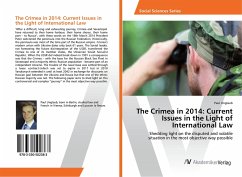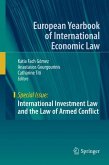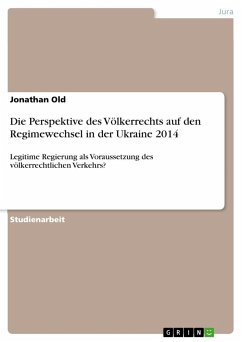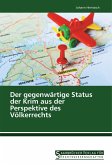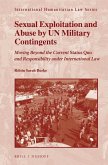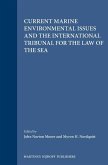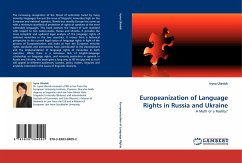"After a difficult, long and exhausting journey, Crimea and Sevastopol have returned to their home harbour, their home shores, their home port - to Russia", with these words on the 18th March 2014 President Putin welcomed the peninsula into the Russian Federation. Historically, the peninsula was most of the time part of the Russian empire. Crimea's modern union with Ukraine dates only back 61 years. The Soviet leader, not foreseeing the future disintegration of the USSR, transferred the Crimea to one of its member states, the Ukrainian Soviet Socialist Republic. When the USSR did indeed break down in 1991 a consequence was that the Crimea - with the base for the Russian Black Sea Fleet in Sevastopol and a majority ethnic Russian population - became part of an independent Ukraine. The trouble of the naval base was settled through a lease contract (which was set to expire in 2017 but in 2010 Yanukovych extended it until at least 2042 in exchange for discounts on Russian gas) between the Ukraine and Russia but that one of the ethnic Russian majority was not. The following paper aims to shed light on this controversial and complex "journey" in the most objective way possible.

